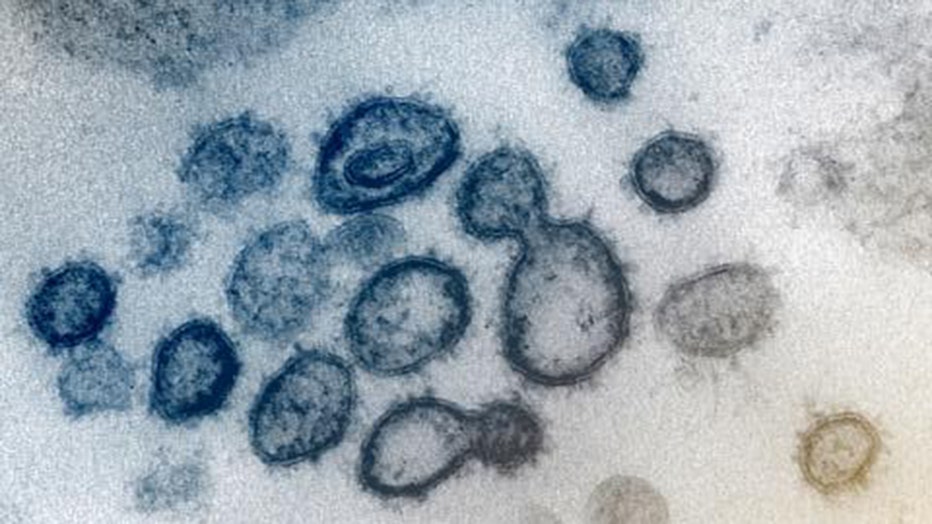Transplanted lungs tainted by coronavirus killed woman, infected surgeon, researchers say
ANN ARBOR, Mich. - Medical researchers from the University of Michigan Medical School say a woman died last fall from COVID-19 after receiving a coronavirus-tainted double-lung transplant.
The donor was a woman who doctors said suffered a severe brain injury in an automobile accident, according to a report published in the American Journal of Transplantation.
The donor reportedly showed no signs of COVID-19 and initially tested negative for the virus.
But researchers said the recipient’s health declined three days after receiving the new lungs. Samples of the lungs after the recipient’s death tested positive for the novel coronavirus and a surgeon who handled the donor’s lungs became infected with the virus but later recovered.
Because of this case, doctors said more enhanced personal protective equipment for health care workers involved in organ transplants is needed as well as more thorough examinations of transplant organs for viruses like COVID-19.

Generic image of a microscopic image of COVID-19 (FOX.)
Researchers said the case appears to be isolated, and unexpected transmission of infection from donor to recipient occurs in fewer than 1% of transplant recipients.
The U.S. Centers for Disease Control and Prevention said in a separate report published in December that while there have been some reports of COVID-19 found in organ transplant recipients, "it is unclear whether SARS-CoV-2 can be transmitted from organ donors to recipients and if transplant recipients are at increased risk for severe illness from coronavirus disease."
The CDC said in its report that it observed eight possible cases from the Organ Procurement and Transplantation Network (OPTN) in which a donor-derived infection occurred last spring.
The CDC, however, concluded that the most likely source of transmission of COVID-19 in those organ transplants was from the health care setting.
Viruses in organ transplants are not without precedent. University of Michigan researchers say there have been rare cases in which organs have been donated containing West Nile virus, H1N1 flu, Ebola, and Zika virus.


